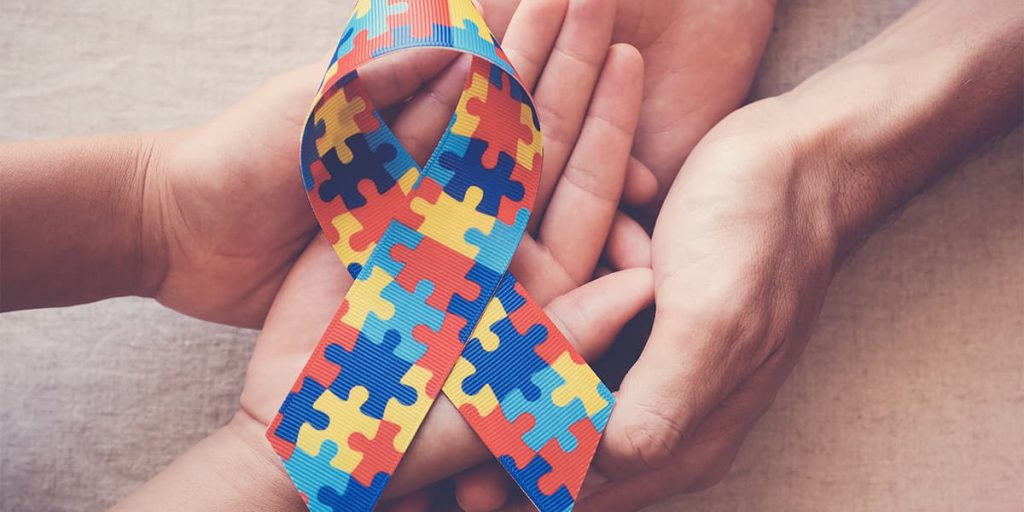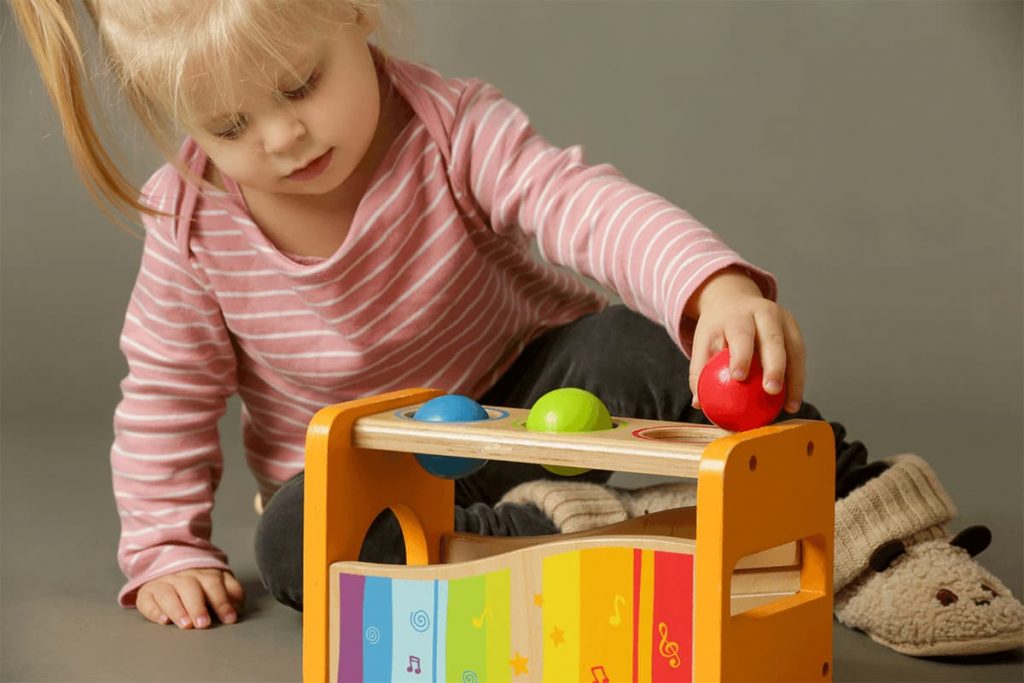How often do I have to take my child to behavior therapy?
How often do I have to take my child to behavior therapy?

Once initial evaluations are conducted by a professional, knowing how often to take your children for behavior therapy sessions can be an essential step in helping them learn strategies and techniques for managing behaviors and emotions effectively. Here are some aspects to consider about the periodicity of the sessions.
Age and developmental stage
Considering their age and developmental stage when thinking about this option is vital since different techniques may work best at particular stages. However, no matter the age, behavior therapy can bring many benefits, such as increased focus and problem-solving skills, improved communication, and heightened self-esteem. For example, younger children with autism may benefit from early intervention programs focusing on developing social and communication skills. In comparison, older children may benefit from more specialized therapy to address specific behaviors or challenges.
Talk with your child’s doctor or behavioral specialist to discuss what therapy could make the most sense for them and help them become their best selves.
Severity of symptoms
Depending on the severity of their symptoms, some children benefit from just a few sessions and the help of parents at home, while others may need ongoing or intensive sessions. It will determine the kind of behavior therapy most suitable, as it could range from simply addressing disruptive behavior to more intensive treatment like cognitive behavioral therapy.
Experienced behavior therapists are available to provide guidance and strategies that can help to reduce the intensity and frequency of challenging behaviors while simultaneously developing positive behaviors.
Each Child Is A World. We’ll Be Happy To Show Them How To Discover Themselves
Family circumstances
Your family’s schedule and resources can also play a role in determining the timing and frequency of behavior therapy. Consider factors such as your availability to take your child to therapy sessions, your ability to incorporate therapy strategies into your daily routine, and your financial resources.
Collaboration with other professionals
It’s important to work closely with your child’s treatment team, including any therapists, doctors, or other professionals involved in your child’s care. This can help ensure that behavior therapy is integrated with other treatments and supports, such as occupational therapy or speech therapy.
Response to therapy
It’s important to monitor your child’s progress in behavior therapy and adjust the frequency and timing of sessions as needed. If your child is making good progress and meeting treatment goals, the behavior therapist can reduce the frequency of therapy sessions. On the other hand, if your child is struggling to make progress or showing new behaviors, increasing the frequency or intensity of therapy may be necessary. Still, it will depend on how the professional sees the progress.
Quality of life
Ultimately, behavior therapy aims to improve your child’s quality of life and ability to function in their daily life. Consider how behavior therapy impacts your child’s daily functioning, social interactions, and overall well-being. Suppose you feel that behavior therapy is having a positive impact on your child’s quality of life. In that case, it may be worth talking with the behavior professional about continuing the frequency of therapy sessions.
Conclusion
There is no one-size-fits-all answer to how often your child needs behavior therapy. The frequency of sessions will be based on many factors specific to your child’s case and the assessment of a behavior professional. If you have any further questions or want to set up an appointment with our team, please don’t hesitate to contact us. We’re here to help!
We’ll Be Happy To Help Your Child
Leave us a message sharing your story, and we will get back to you as soon as possible with help.




